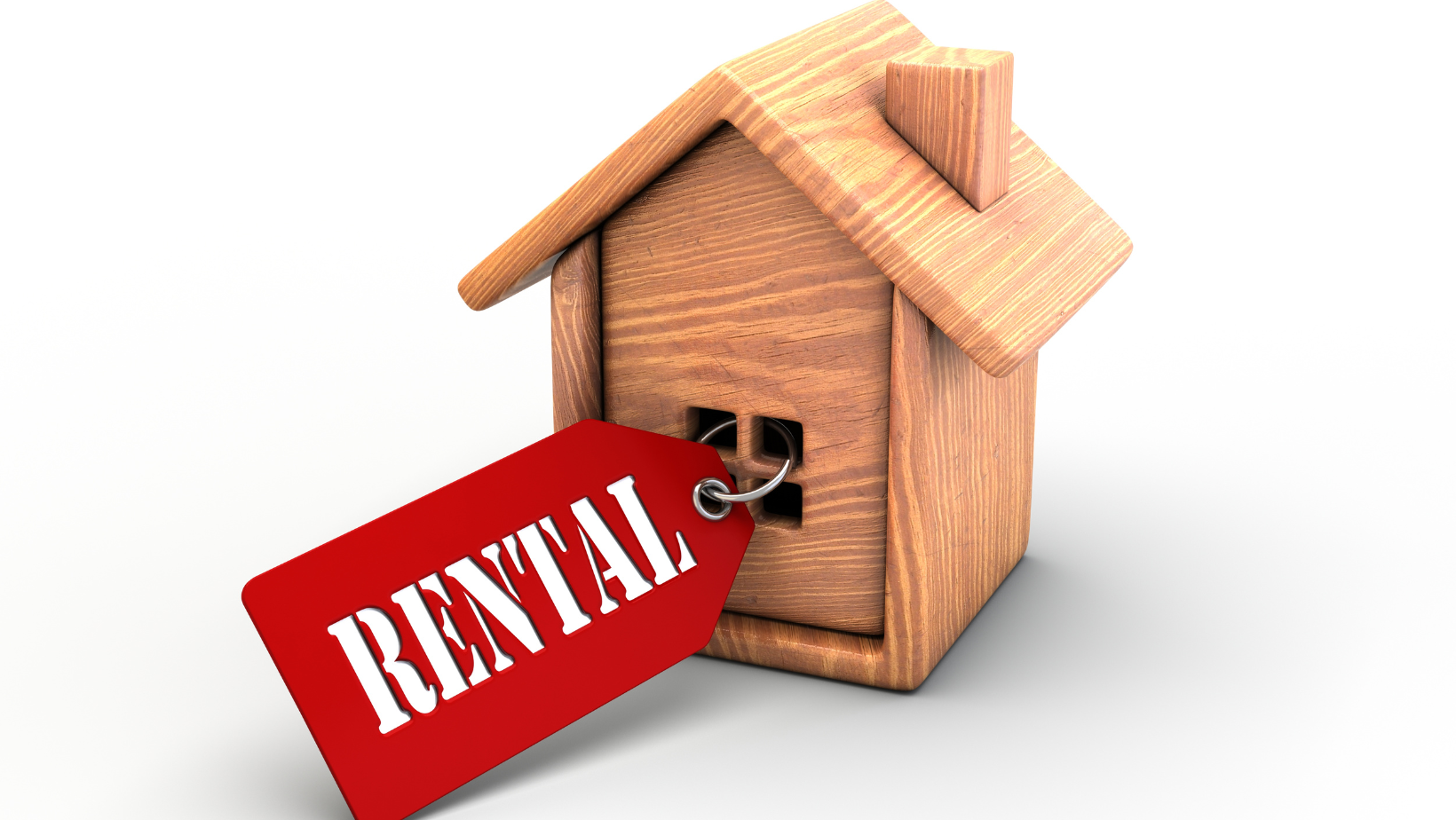 Mortgage lenders weigh the risk of getting their principal and interest paid back by looking at the qualities of the prospective borrrower. And due to the amount of money being requested and lent to purchase homes, those requirements can become daunting. Working with a trusted and qualified mortgage professional makes this sometimes confusing process a little clearer.
Mortgage lenders weigh the risk of getting their principal and interest paid back by looking at the qualities of the prospective borrrower. And due to the amount of money being requested and lent to purchase homes, those requirements can become daunting. Working with a trusted and qualified mortgage professional makes this sometimes confusing process a little clearer.
To this end, there are three things that a potential homebuyer can do to prepare for the mortgage approval process.
Manage Debt And Credit Levels
For many homebuyers, managing their credit score is the biggest challenge. Mortgage lenders like buyers with strong credit. While getting strong credit usually isn’t something that can be done overnight, paying bills on time, all of the time can help to build a positive profile.
Using as little credit as possible is also helpful, since high utilization of existing credit lines can harm a borrower’s score. Having less debt can also reduce monthly payments, making it easier to qualify for a larger mortgage.
Manage Income And Qualifying Ratios
Lenders look for two things when it comes to a borrower’s income:
- Stable incomes are preferred, so being able to prove the income with a W-2 form or other documentation is usually required. Self-employed people will typically need to prove their income with their tax returns, so taking high write-offs can make it harder to qualify.
- A borrower’s income should be significantly higher than his total monthly debt payments. Lenders divide a borrower’s monthly payments — including their proposed mortgage — into the gross monthly income. If the payments exceed a set percentage, the lender will shrink the mortgage until it considers the payment affordable.
Collect Required Paperwork Early
To qualify for a mortgage, borrowers typically need to submit a comprehensive file of supporting documentation. This can include tax returns, pay stubs and bank and investment account statements.
Since lenders frequently want some historical data, it can be a good idea for people considering applying for a mortgage to start collecting documentation before they actually begin the mortgage application process. Once again, working with a qualified finance professional will make this process a lot more comfortable.

 If you are interested in purchasing a rental property, you might want a short-term rental that you can use as a vacation home. This can be a great way to generate some additional income, and you might be able to make thousands of dollars every week if you purchase a property in the right location. On the other hand, there are several important factors you need to consider before you purchase a rental property.
If you are interested in purchasing a rental property, you might want a short-term rental that you can use as a vacation home. This can be a great way to generate some additional income, and you might be able to make thousands of dollars every week if you purchase a property in the right location. On the other hand, there are several important factors you need to consider before you purchase a rental property.  Several generations ago, lenders required home buyers to have a 20 percent down payment in order to get a mortgage. While there were a few options out there for people who couldn’t save this substantial amount, the reality was that for the majority of people, the 20 percent down was a requirement.
Several generations ago, lenders required home buyers to have a 20 percent down payment in order to get a mortgage. While there were a few options out there for people who couldn’t save this substantial amount, the reality was that for the majority of people, the 20 percent down was a requirement. If you are thinking about building your own home, you might be wondering how construction loans work. There are plenty of options available, but one of the most popular choices is a single-close construction loan. This type of loan allows you to close on not only the construction expenses but also your financing costs at the same time. Essentially, a single-close construction loan will convert into your mortgage after the construction on your home is finished. What are some of the top benefits of this type of loan?
If you are thinking about building your own home, you might be wondering how construction loans work. There are plenty of options available, but one of the most popular choices is a single-close construction loan. This type of loan allows you to close on not only the construction expenses but also your financing costs at the same time. Essentially, a single-close construction loan will convert into your mortgage after the construction on your home is finished. What are some of the top benefits of this type of loan? The major problem that the vast majority of buyers will run into – especially when purchasing their first home – has to do with a lease agreement that is still active with their apartment complex at the time of the purchase. If you locate the perfect home in February but your lease isn’t over until August, you can’t be expected to wait around.
The major problem that the vast majority of buyers will run into – especially when purchasing their first home – has to do with a lease agreement that is still active with their apartment complex at the time of the purchase. If you locate the perfect home in February but your lease isn’t over until August, you can’t be expected to wait around.